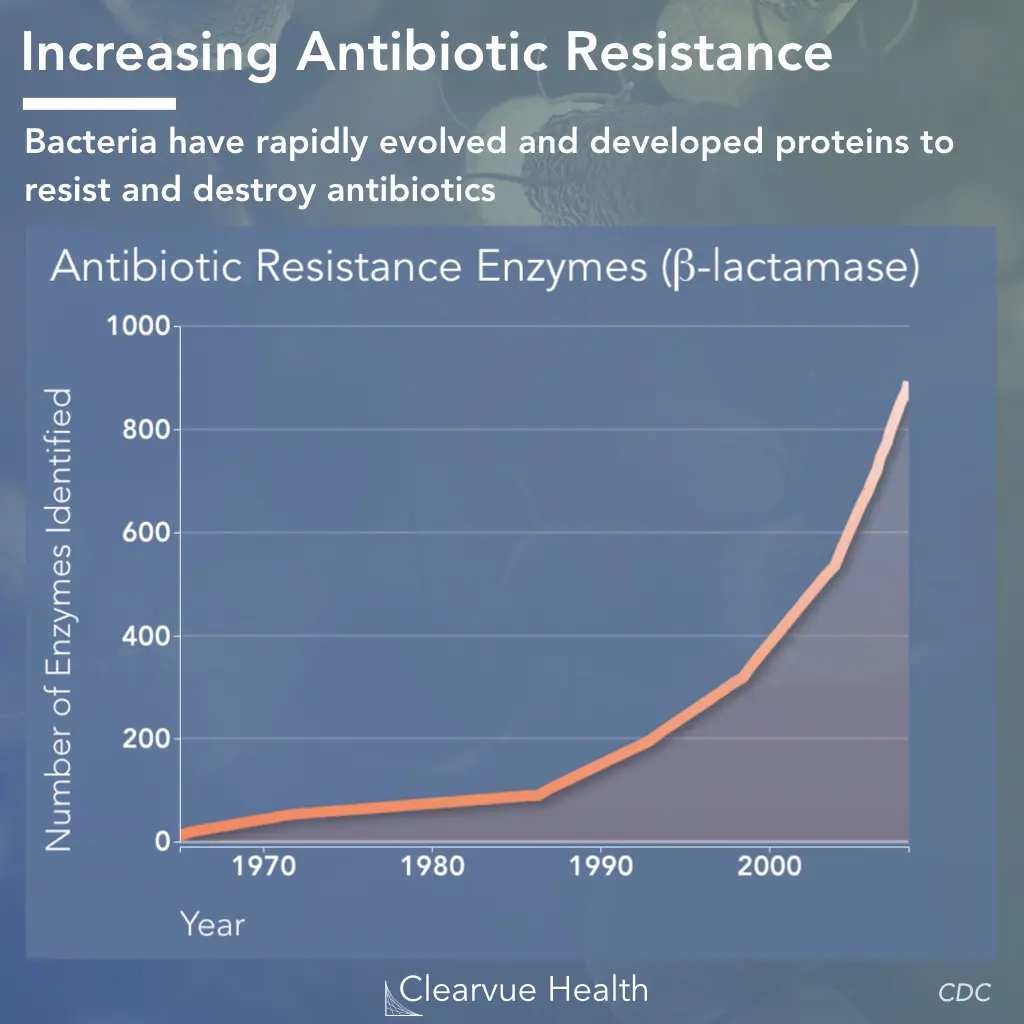Factory farming has become the backbone of modern food production, delivering affordable meat, dairy, and eggs to meet global demand. Yet, its hidden costs on human health are profound and alarming. From antibiotic resistance driven by excessive drug use in livestock to harmful additives and nutrient-deficient products reaching our plates, the consequences extend far beyond individual consumption. Coupled with environmental pollution and the heightened risk of foodborne illnesses, factory farming presents a pressing public health challenge. This article critically analyses these impacts while highlighting sustainable farming practices as viable solutions for healthier choices and a more ethical future for both people and the planet
Factory farming, also known as industrial agriculture, is a modern method of mass-producing animal products such as meat, dairy, and eggs. While it has allowed for the production of large quantities of affordable food, it has come under scrutiny for its negative impacts on the environment and animal welfare. However, the effects of factory farming on human health have often been overlooked. This critical analysis aims to examine the various ways in which factory farming can impact human health, both directly and indirectly. From the use of antibiotics and hormones to the potential spread of diseases, this article will delve into the potential dangers of consuming products from factory farms. Additionally, it will explore the ethical and moral implications of this industry and its impact on human health. With the industrialization of farming, it is crucial to understand the potential consequences that this method of food production may have on our well-being. By critically analyzing the effects of factory farming on human health, we can gain a better understanding of the long-term implications and make informed decisions about our food choices.
Mass production leads to contamination
One of the major concerns associated with mass production in various industries is the potential for contamination. This issue arises due to several factors, including inadequate quality control measures, unsanitary production environments, and the use of harmful chemicals. When products are manufactured on a large scale, there is a higher risk of contamination occurring during the production process, which can have detrimental effects on human health. Contaminated products can enter the market and reach consumers, leading to various health problems, ranging from foodborne illnesses to adverse reactions caused by exposure to toxic substances. Therefore, it is crucial for industries to prioritize stringent quality control protocols and implement effective measures to mitigate the risks of contamination during mass production. By doing so, they can safeguard public health and instill consumer confidence in the products they produce.

Chemical use poses health risks
The use of chemicals in various industries poses significant health risks to both workers and consumers alike. Chemicals are often utilized in manufacturing processes, agriculture, and even in everyday products we use, such as cleaning agents and personal care items. However, many of these chemicals have been linked to adverse health effects, including respiratory issues, allergies, hormone disruption, and even cancer. Exposure to these harmful substances can occur through direct contact, inhalation of fumes, or ingestion, and the consequences can be long-lasting and severe. It is essential for industries to prioritize the use of safer alternatives, implement proper handling and storage practices, and provide adequate protective measures for workers to minimize the health risks associated with chemical use. Furthermore, consumers should be informed and empowered to make informed choices about the products they purchase, opting for those that prioritize safety and minimize the use of potentially harmful chemicals. By addressing these concerns, we can protect human health and create a safer environment for all.
Lack of diversity causes disease
Lack of diversity within the human population can have profound effects on overall health and disease susceptibility. Our genetic makeup plays a crucial role in determining our susceptibility to various diseases, and a lack of genetic diversity can leave a population more vulnerable to certain health conditions. In a diverse population, individuals carry a wide range of genetic variations that can provide protection against specific diseases. However, in populations with limited genetic diversity, the likelihood of shared genetic vulnerabilities increases, paving the way for the spread and prevalence of certain diseases. This phenomenon is particularly evident in small, isolated populations or communities where genetic diversity is naturally limited. By acknowledging the importance of genetic diversity and promoting diverse populations, we can strive to mitigate the risks associated with certain diseases and enhance overall health outcomes for communities worldwide.
Antibiotic resistance on the rise
The emergence and spread of antibiotic resistance pose a significant threat to global public health. Antibiotics, once considered wonder drugs, are losing their effectiveness against bacterial infections. This rise in antibiotic resistance can be attributed to several factors, including overuse and misuse of antibiotics in both human and animal sectors. In the context of factory farming, the routine use of antibiotics as growth promoters in livestock contributes to the development of resistant bacteria. These bacteria can then be transmitted to humans through direct contact, consumption of contaminated food, or environmental contamination. The rise in antibiotic-resistant infections not only poses challenges in treating common infections but also increases healthcare costs and poses a risk of untreatable infections in the future. Efforts to combat antibiotic resistance require a holistic approach, including judicious use of antibiotics in both human and animal health sectors, improved surveillance and infection control measures, and the development of novel antibiotics and alternative treatment options. It is crucial to address the issue of antibiotic resistance on a global scale to safeguard human health and preserve the effectiveness of these life-saving medications.

Harmful additives affect consumers’ health
Numerous studies have indicated that harmful additives used in food production can have detrimental effects on consumers’ health. These additives, which include preservatives, artificial flavorings, and colorants, are commonly used to enhance the taste, appearance, and shelf life of processed foods. However, their consumption has been linked to various health issues such as allergies, hyperactivity, and even long-term conditions like cancer. The widespread use of these additives in the food industry raises concerns about the potential risks they pose to consumers, particularly when consumed regularly over extended periods. As consumers become more conscious of the importance of a healthy diet, it is crucial to address the use of harmful additives and prioritize the promotion of natural and nutritious food options to safeguard public health.
Low nutrient content in products
One significant concern associated with factory farming is the low nutrient content found in many of its products. Factory farming practices often prioritize efficiency and profit over the nutritional value of the food produced. Animals raised in cramped and stressful conditions are often fed with cheap and low-quality feed, lacking essential nutrients. Additionally, the use of antibiotics and growth hormones further compromises the nutritional value of the end products. As a result, consumers may unknowingly consume meat, dairy, and eggs that are deficient in vital vitamins, minerals, and antioxidants necessary for maintaining good health. This deficit in nutrient content can have long-term implications for human health, including an increased risk of chronic diseases such as obesity, diabetes, and cardiovascular conditions. To address this issue, it is essential for consumers to be aware of the potential nutritional deficiencies in factory-farmed products and consider opting for sustainably and ethically sourced food options that prioritize nutritional value.
Increased risk of foodborne illnesses
Factory farming practices also contribute to an increased risk of foodborne illnesses. The crowded and unsanitary conditions in which animals are raised provide an ideal environment for the proliferation of harmful bacteria such as Salmonella, E. coli, and Campylobacter. These pathogens can contaminate meat, eggs, and dairy products, posing a serious threat to human health. Furthermore, the use of antibiotics in factory farming can lead to the development of antibiotic-resistant strains of bacteria, making it even more challenging to treat and control outbreaks of foodborne diseases. A lack of proper regulation and oversight in the industry further compounds the problem, as contaminated products may not be identified and removed from the market in a timely manner. It is crucial to address the issue of foodborne illnesses associated with factory farming to safeguard public health and prevent the spread of potentially life-threatening infections.
Environmental pollution impacts human health
The detrimental effects of environmental pollution on human health cannot be overstated. Exposure to pollutants in the air, water, and soil can lead to a wide range of health problems, ranging from respiratory issues to neurological disorders and even cancer. Air pollution, caused by emissions from factories, vehicles, and other sources, can worsen existing respiratory conditions such as asthma and bronchitis, and increase the risk of developing cardiovascular diseases. Water pollution, resulting from industrial waste and agricultural runoff, can contaminate drinking water sources and lead to gastrointestinal illnesses and waterborne diseases. Additionally, soil pollution, often caused by improper disposal of hazardous waste, can contaminate crops and contribute to the presence of toxic substances in our food chain. The impact of environmental pollution on human health is a critical concern that requires urgent attention and comprehensive measures to mitigate its harmful effects.

Negative impact on local communities
The presence of factory farms in local communities can have significant negative impacts on various aspects of community life. One of the most apparent effects is the degradation of air quality. Factory farms release large amounts of air pollutants such as ammonia, hydrogen sulfide, and particulate matter into the surrounding atmosphere. These pollutants can cause respiratory issues and exacerbate existing respiratory conditions among community members. The foul odors emitted by factory farms can also create an unpleasant living environment, affecting the quality of life for residents in the vicinity. Additionally, the excessive use of antibiotics and growth hormones in factory farming can lead to the emergence of antibiotic-resistant bacteria, posing a threat to public health. The negative impacts on local communities due to factory farming highlight the need for responsible and sustainable agricultural practices that prioritize the well-being of both humans and the environment.
Importance of sustainable farming practices
Sustainable farming practices play a crucial role in addressing the detrimental effects of factory farming on human health and the environment. By adopting sustainable farming methods, such as organic farming, regenerative agriculture, and crop rotation, farmers can minimize the use of harmful chemicals, reduce soil degradation, and promote biodiversity. These practices not only improve the nutritional quality of the food produced but also safeguard the health of consumers. Sustainable farming also emphasizes the humane treatment of animals, avoiding the overcrowding and stressful conditions prevalent in factory farms. By prioritizing sustainable farming practices, we can protect our health, promote environmental stewardship, and ensure a more sustainable future for generations to come.
In conclusion, it is clear that factory farming has significant negative effects on human health. From the overuse of antibiotics leading to the growth of antibiotic-resistant bacteria, to the pollution and contamination of our air and water, it is evident that the industrialized production of meat and other animal products has serious consequences. As consumers, it is important to educate ourselves and make conscious choices about the food we consume to not only improve our own health, but also promote sustainable and ethical practices in the food industry. It is time to rethink our reliance on factory farming and explore alternative, more sustainable methods of food production for the betterment of our health and the health of our planet.
FAQ
How does factory farming contribute to the spread of antibiotic resistance and what are the potential consequences for human health?
Factory farming contributes to the spread of antibiotic resistance by routinely administering antibiotics to animals to promote growth and prevent diseases in crowded and unsanitary conditions. This practice allows bacteria to develop resistance to these drugs, which can then be transferred to humans through the consumption of contaminated meat or through environmental contamination. The potential consequences for human health include increased difficulty in treating common infections, higher mortality rates, and increased healthcare costs. Additionally, the spread of antibiotic resistance can lead to the emergence of superbugs, which are resistant to multiple antibiotics and pose a serious threat to public health.
What are the main health risks associated with consuming meat and dairy products from animals raised in factory farms?
Consuming meat and dairy products from animals raised in factory farms can pose several health risks. Firstly, these animals are often given antibiotics to prevent diseases, which can lead to antibiotic resistance in humans. Secondly, factory-farmed animals may be fed with genetically modified crops, which can have negative effects on human health. Additionally, the high levels of saturated fats and cholesterol found in meat and dairy products from factory farms have been linked to cardiovascular diseases. The intensive farming conditions can also result in the contamination of meat and dairy products with harmful bacteria, such as E. coli and Salmonella, which can cause foodborne illnesses.
How does the use of growth hormones and other additives in factory farming impact human health?
The use of growth hormones and other additives in factory farming can have negative impacts on human health. These chemicals can accumulate in the meat, dairy, and eggs produced by factory-farmed animals and may pose risks to consumers. Studies have linked the consumption of these products to an increased risk of certain health issues, including hormone imbalances, antibiotic resistance, and certain types of cancer. Additionally, factory farming practices, such as overcrowding and unsanitary conditions, can contribute to the spread of diseases that can affect human health. Therefore, it is important to be aware of these potential health risks and consider alternative, more sustainable food sources.
Are there any long-term health effects for workers in factory farms, such as respiratory issues or exposure to harmful chemicals?
Yes, workers in factory farms can experience long-term health effects, including respiratory issues and exposure to harmful chemicals. The confined and crowded conditions in these farms can lead to increased levels of dust, ammonia, and other airborne pollutants, which can contribute to respiratory problems such as asthma and chronic bronchitis. Additionally, workers may be exposed to various chemicals used in the process of raising animals, such as pesticides, antibiotics, and disinfectants, which can have detrimental effects on their health. The repetitive and physically demanding tasks involved in factory farming can also cause musculoskeletal disorders and injuries for workers.
What are some potential solutions or alternatives to factory farming that could help mitigate the negative health effects on humans?
Some potential solutions or alternatives to factory farming that could help mitigate the negative health effects on humans include promoting and supporting organic farming practices, encouraging local and sustainable agriculture, implementing stricter regulations and standards for animal welfare and food safety, promoting plant-based diets and reducing meat consumption, and investing in research and development of alternative protein sources such as cultured meat or plant-based alternatives. Additionally, supporting small-scale, diversified farming systems, promoting agroecology and regenerative agriculture practices, and implementing farm-to-table initiatives can also contribute to healthier food production and consumption.



